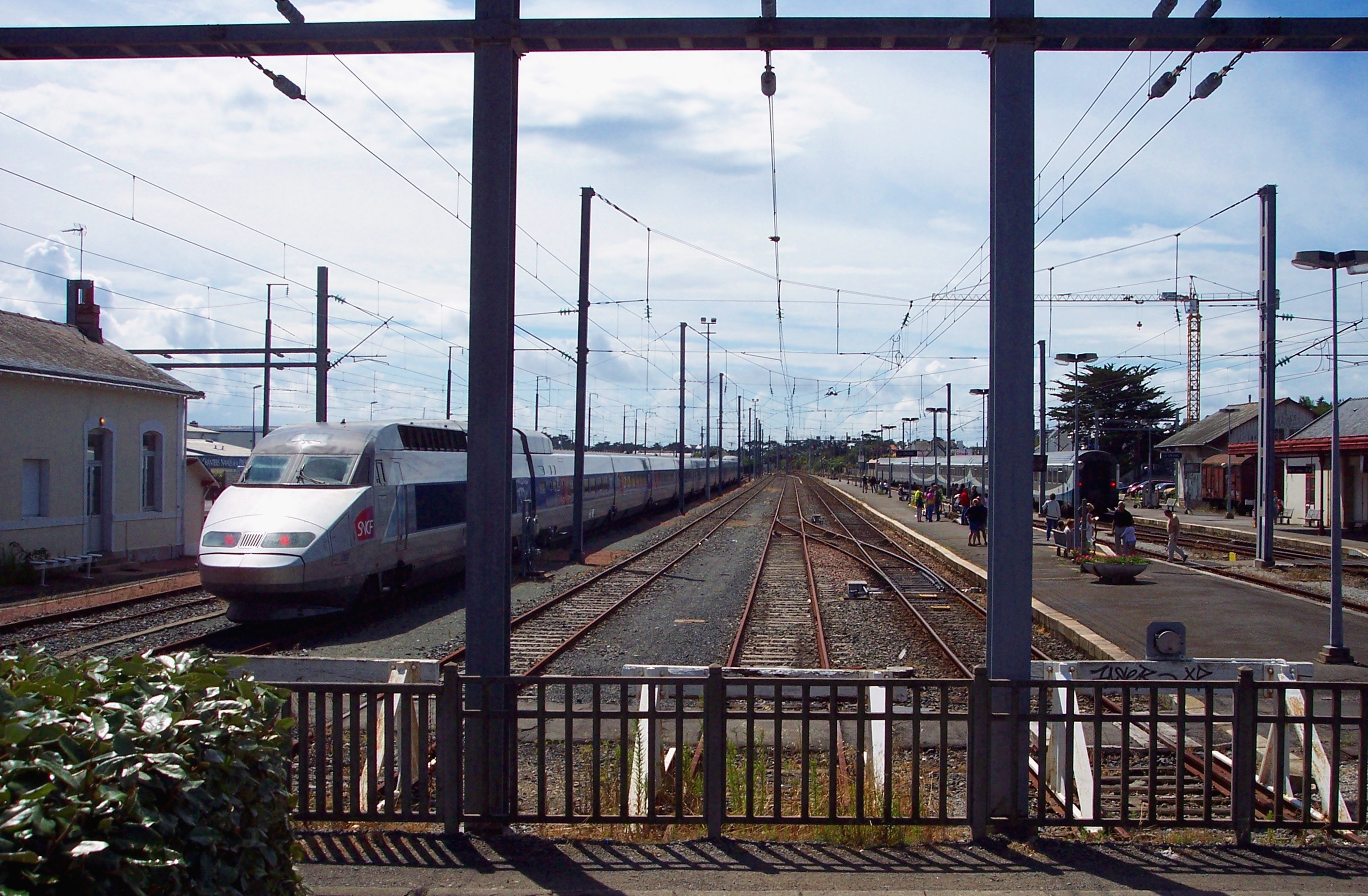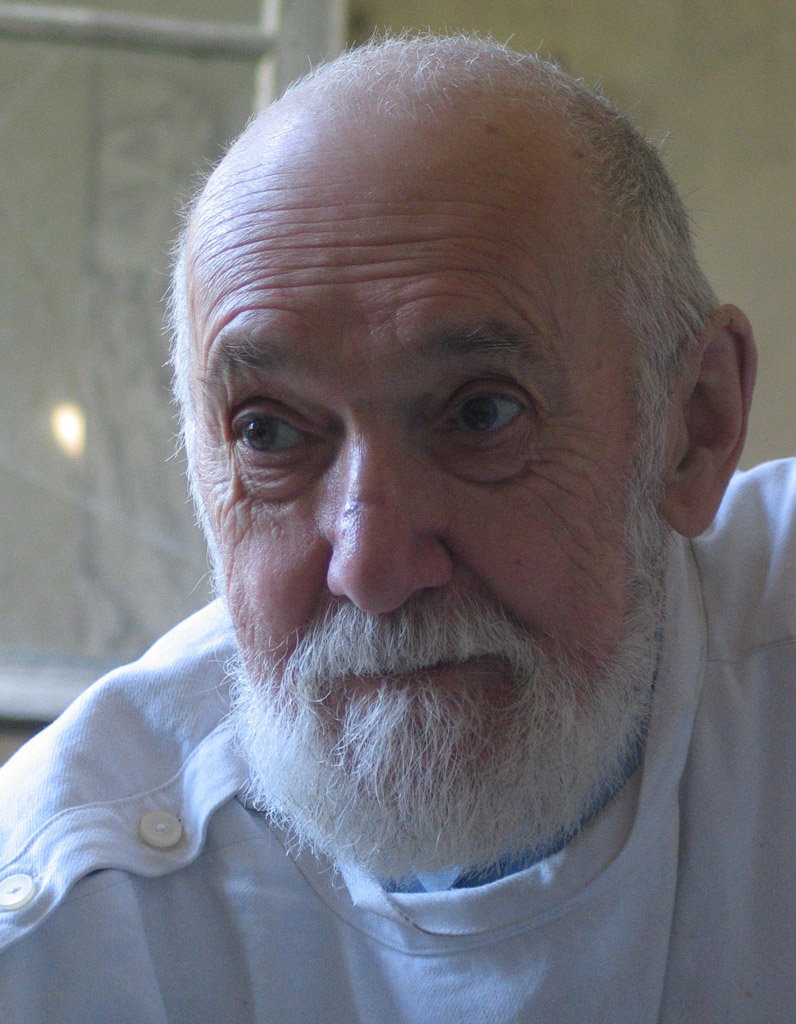|
Mouais
Mouais (; Gallo: ''Móaè'', ; br, Lanvoe) is a commune in the Loire-Atlantique department in western France. History It is possible that the toponym comes from the hagionym Moë, an obscure Breton saint. Geography The town is located on the northern edge of the department, on the right bank of the river Chère, which forms most of its southern border. Population Personalities *Jean Fréour, sculptor See also *Communes of the Loire-Atlantique department The following is a list of the 207 communes of the Loire-Atlantique department of France. The communes cooperate in the following intercommunalities (as of 2020):Communes of Loire-Atlantique [...More Info...] [...Related Items...] OR: [Wikipedia] [Google] [Baidu] |
Chère
The Chère (; br, Kaer) is a long river in the Loire-Atlantique and Ille-et-Vilaine ''départements'', northwestern France. Its source is at Soudan. It flows generally west. It is a left tributary of the Vilaine into which it flows between Pierric and Sainte-Anne-sur-Vilaine. Communes along its course This list is ordered from source to mouth: *Loire-Atlantique: Soudan, Châteaubriant, Rougé, Saint-Aubin-des-Châteaux, Sion-les-Mines, Mouais, Derval, *Ille-et-Vilaine: Grand-Fougeray Grand-Fougeray (; ) is a commune in the Ille-et-Vilaine department of Brittany in north-western France. Geography The river Chère forms most of the commune's southern border. Population Inhabitants of Grand-Fougeray are called ''Fulkériens'' i ..., *Loire-Atlantique: Pierric, *Ille-et-Vilaine: Sainte-Anne-sur-Vilaine References Rivers of France Rivers of Brittany Rivers of Loire-Atlantique Rivers of Ille-et-Vilaine Rivers of Pays de la Loire {{France-river-stub ... [...More Info...] [...Related Items...] OR: [Wikipedia] [Google] [Baidu] |
Communes Of The Loire-Atlantique Department
The following is a list of the 207 communes of the Loire-Atlantique department of France. The communes cooperate in the following intercommunalities (as of 2020):BANATIC Périmètre des EPCI à fiscalité propre. Accessed 3 July 2020. * Nantes Métropole *Communauté d'agglomération *Communauté d'agglomération * [...More Info...] [...Related Items...] OR: [Wikipedia] [Google] [Baidu] |
Gallo Language
Gallo is a regional language of eastern Brittany. It is one of the langues d'oïl, a Romance sub-family that includes French. Today it is spoken only by a minority of the population, as the standard form of French now predominates in this area. Gallo was originally spoken in the Marches of Neustria, an area now corresponding to the border lands between Brittany, Normandy, and Maine. Gallo was a shared spoken language among many of those who took part in the Norman conquest of England, most of whom originated in Upper (i.e. eastern) Brittany and Lower (i.e. western) Normandy, and thus had its part, together with the much bigger role played by the Norman language, in the development of the Anglo-Norman variety of French which would have such a strong influence on English. Gallo continued as the everyday language of Upper Brittany, Maine, and some neighbouring portions of Normandy until the introduction of universal education across France, but is spoken today by only a small ... [...More Info...] [...Related Items...] OR: [Wikipedia] [Google] [Baidu] |
Communes Of France
The () is a level of administrative division in the French Republic. French are analogous to civil townships and incorporated municipalities in the United States and Canada, ' in Germany, ' in Italy, or ' in Spain. The United Kingdom's equivalent are civil parishes, although some areas, particularly urban areas, are unparished. are based on historical geographic communities or villages and are vested with significant powers to manage the populations and land of the geographic area covered. The are the fourth-level administrative divisions of France. vary widely in size and area, from large sprawling cities with millions of inhabitants like Paris, to small hamlets with only a handful of inhabitants. typically are based on pre-existing villages and facilitate local governance. All have names, but not all named geographic areas or groups of people residing together are ( or ), the difference residing in the lack of administrative powers. Except for the municipal arrondi ... [...More Info...] [...Related Items...] OR: [Wikipedia] [Google] [Baidu] |
Loire-Atlantique
Loire-Atlantique (; br, Liger-Atlantel; before 1957: ''Loire-Inférieure'', br, Liger-Izelañ, link=no) is a department in Pays de la Loire on the west coast of France, named after the river Loire and the Atlantic Ocean. It had a population of 1,429,272 in 2019.Populations légales 2019: 44 Loire-Atlantique INSEE History Loire-Atlantique is one of the original 83 departments created during the on March 4, 1790. Originally, it was named Loire-Inférieure, but its name was changed in March 9, 1957 to Loire-Atlantique. The area is part of the historical |
Departments Of France
In the administrative divisions of France, the department (french: département, ) is one of the three levels of government under the national level ("territorial collectivities"), between the administrative regions and the communes. Ninety-six departments are in metropolitan France, and five are overseas departments, which are also classified as overseas regions. Departments are further subdivided into 332 arrondissements, and these are divided into cantons. The last two levels of government have no autonomy; they are the basis of local organisation of police, fire departments and, sometimes, administration of elections. Each department is administered by an elected body called a departmental council ( ing. lur.. From 1800 to April 2015, these were called general councils ( ing. lur.. Each council has a president. Their main areas of responsibility include the management of a number of social and welfare allowances, of junior high school () buildings and technical staff, ... [...More Info...] [...Related Items...] OR: [Wikipedia] [Google] [Baidu] |
France
France (), officially the French Republic ( ), is a country primarily located in Western Europe. It also comprises of Overseas France, overseas regions and territories in the Americas and the Atlantic Ocean, Atlantic, Pacific Ocean, Pacific and Indian Oceans. Its Metropolitan France, metropolitan area extends from the Rhine to the Atlantic Ocean and from the Mediterranean Sea to the English Channel and the North Sea; overseas territories include French Guiana in South America, Saint Pierre and Miquelon in the North Atlantic, the French West Indies, and many islands in Oceania and the Indian Ocean. Due to its several coastal territories, France has the largest exclusive economic zone in the world. France borders Belgium, Luxembourg, Germany, Switzerland, Monaco, Italy, Andorra, and Spain in continental Europe, as well as the Kingdom of the Netherlands, Netherlands, Suriname, and Brazil in the Americas via its overseas territories in French Guiana and Saint Martin (island), ... [...More Info...] [...Related Items...] OR: [Wikipedia] [Google] [Baidu] |
Breton People
The Bretons (; br, Bretoned or ''Vretoned,'' ) are a Celtic ethnic group native to Brittany. They trace much of their heritage to groups of Brittonic speakers who emigrated from southwestern Great Britain, particularly Cornwall and Devon, mostly during the Anglo-Saxon settlement of Britain. They migrated in waves from the 3rd to 9th century (most heavily from 450 to 600) into Armorica, which was subsequently named Brittany after them. The main traditional language of Brittany is Breton (''Brezhoneg''), spoken in Lower Brittany (i.e., the western part of the peninsula). Breton is spoken by around 206,000 people as of 2013. The other principal minority language of Brittany is Gallo; Gallo is spoken only in Upper Brittany, where Breton is less dominant. As one of the Brittonic languages, Breton is related closely to Cornish and more distantly to Welsh, while the Gallo language is one of the Romance '' langues d'oïl''. Currently, most Bretons' native language is standard French. ... [...More Info...] [...Related Items...] OR: [Wikipedia] [Google] [Baidu] |
Jean Fréour
Jean Fréour (8 August 1919 – 11 June 2010) was a prominent Breton sculptor. Fréour was born in Nantes. He studied at the Bordeaux School of the Fine arts and attended the classes of Louis-Henry Bouchard in the national School of the Fine arts in Paris. He is a member of the Breton artistic movement Seiz Breur. In the mid-1950s he settled in the Breton south coast town of Batz-sur-Mer. For a period of a year, he was mayor of the town. In his work, Fréour uses different materials, including the schist, marble, onyx, and wood. His sculptures often carry a stamp of Breton identity impregnated with Catholicism. He is the author of the statue of Anne of Brittany (made of bronze and erected in the city of Nantes in 2002). The works of Jean Fréour ''The'' () is a grammatical article in English, denoting persons or things already mentioned, under discussion, implied or otherwise presumed familiar to listeners, readers, or speakers. It is the definite article in English ... [...More Info...] [...Related Items...] OR: [Wikipedia] [Google] [Baidu] |
Communes Of Loire-Atlantique
An intentional community is a voluntary residential community which is designed to have a high degree of social cohesion and teamwork from the start. The members of an intentional community typically hold a common social, political, religious, or spiritual vision, and typically share responsibilities and property. This way of life is sometimes characterized as an "alternative lifestyle". Intentional communities can be seen as social experiments or communal experiments. The multitude of intentional communities includes collective households, cohousing communities, coliving, ecovillages, monasteries, survivalist retreats, kibbutzim, hutterites, ashrams, and housing cooperatives. History Ashrams are likely the earliest intentional communities founded around 1500 BCE, while Buddhist monasteries appeared around 500 BCE. Pythagoras founded an intellectual vegetarian commune in about 525 BCE in southern Italy. Hundreds of modern intentional communities were formed across Europe ... [...More Info...] [...Related Items...] OR: [Wikipedia] [Google] [Baidu] |



